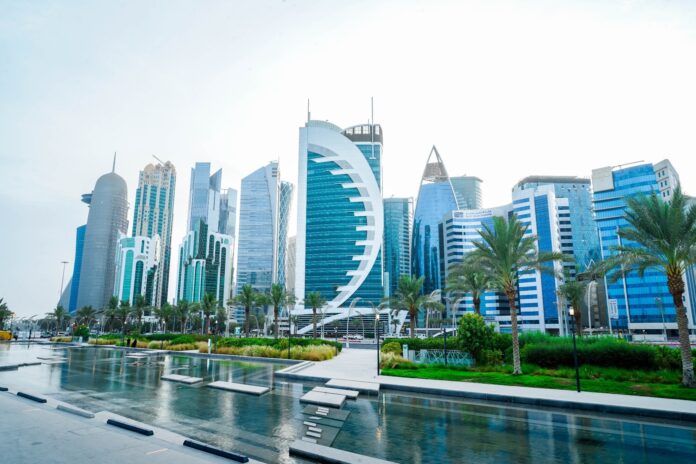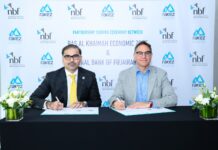MUFG EMEA and Doha Bank today announce the successful close of their first Green Repo scheme in the Middle East and North Africa (MENA) region. This transaction marks the first Green Repo scheme for both institutions that utilises green bonds as the underlying collateral.
Green Repo schemes use the proceeds of green collateral, such as green bonds, to finance further green initiatives. In this case, cash proceeds generated from the repurchase of green bonds issued by the State of Qatar will be committed to the funding and purchase of green assets aligned to Doha Bank’s Sustainable Finance Framework.
Sheikh Abdulrahman bin Fahad Al-Thani, Group CEO Doha Bank, said: “We are very pleased to collaborate with MUFG to execute our first Green Repo transaction. Innovative products such as Green Repos are central to Doha Bank’s ESG initiative. These funding initiatives help in raising liquidity to invest into ‘Green eligible’ collateral that act as a bridge in achieving our sustainability targets in line with Qatar National Vision 2030.”
Andre Van Hese, International Head of Securities Financing, MUFG said: “MUFG remains committed to working with clients in the MENA region to build bespoke solutions to help navigate the importance of fostering an ESG compliant ecosystem. This transaction is a testament to our efforts and we look forward to building on this success as the region moves to execute on its ambitious sustainability strategy”.
According to analysis by MUFG, regulators and policymakers in the Gulf Cooperation Council (GCC) economies are undertaking extensive investments to progress net zero target across the region, focused on decarbonising high-carbon emitting sectors in hydrocarbon production, power generation and industrial production. Looking ahead, the GCC region remains well positioned to capitalise on its comparative advantages of low-cost positioning across the energy value chain, geographical proximity to key import markets and its constructive regulatory backdrop to become a vital global decarbonisation leader.











